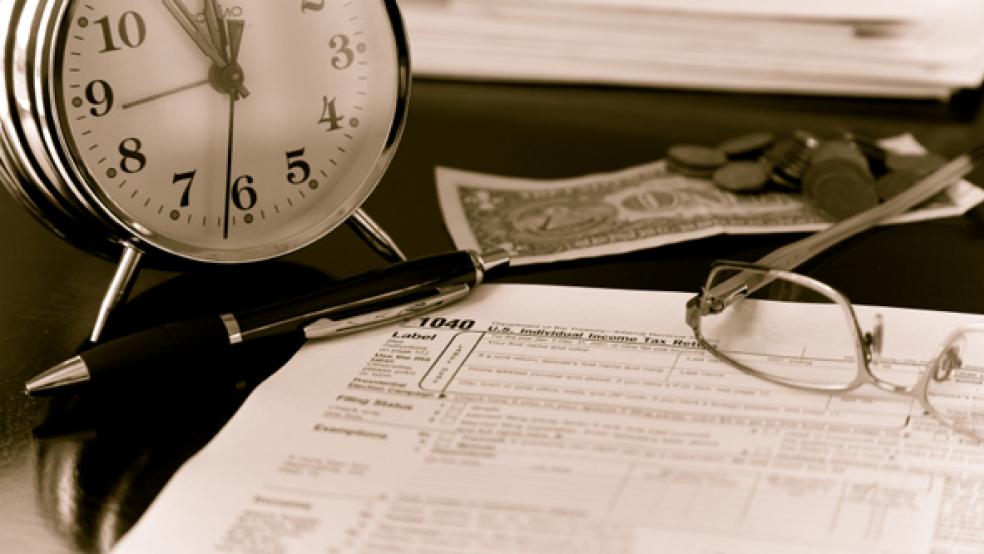As Americans take stock of their personal finances with Tax Day looming, a new study provides a useful reminder that geography is often destiny when it comes to their overall tax burden.
The consumer research organization WalletHub notes in its study that while the average American household pays roughly $17,000 in federal income taxes each year, “there is significant disparity when it comes to state and local taxes.” Indeed, taxpayers in the most expensive tax states pay out three-times more in taxes than those in low-tax states.
SLIDESHOW: The 10 Worst States for Paying Taxes in 2015
It’s not uncommon for the wealthiest Americans and professionals to choose their residency based on where they can count on the least onerous state and local taxes, such as in states like Florida, Delaware or Texas. But studies have found that average Americans generally don’t vote with their feet in making life-altering choices of where to live and whether to move.
“For most Americans, the major factors determining where they live are where they get a job, how well the job pays and what the schools and communities where they have job offers are like,” said Linda McKissack Beale, a law professor at Wayne State University. “Additional factors include what others say about quality of life in that city and state, and whether they have family and friends in that area.”
Beale added, “Most people don’t decide where to live based on taxes, in part because they usually don’t have full information about complex state and local tax regimes or about the kinds of services paid for by those living in that state and local taxes.”
SLIDESHOW: The 10 Best States for Paying Taxes in 2015
Factors that must be taken into account include not only state income tax rates, but also real estate taxes, vehicle ownership taxes, sales taxes and excise taxes.
According to the latest findings, tax rates in the most expensive states – including Illinois and Nebraska – are three times more than those in the least expensive states, including Alaska and Montana. New York’s state cigarette excise tax rate is 26 times higher than Missouri’s. And tax rates are nearly 11 percent higher in Blue States than in Red States.
For the purposes of the study, WalletHub calculated relative income tax obligations by applying the average American’s income to the effective income tax rate in each state and locality.
Top Reads from The Fiscal Times:





